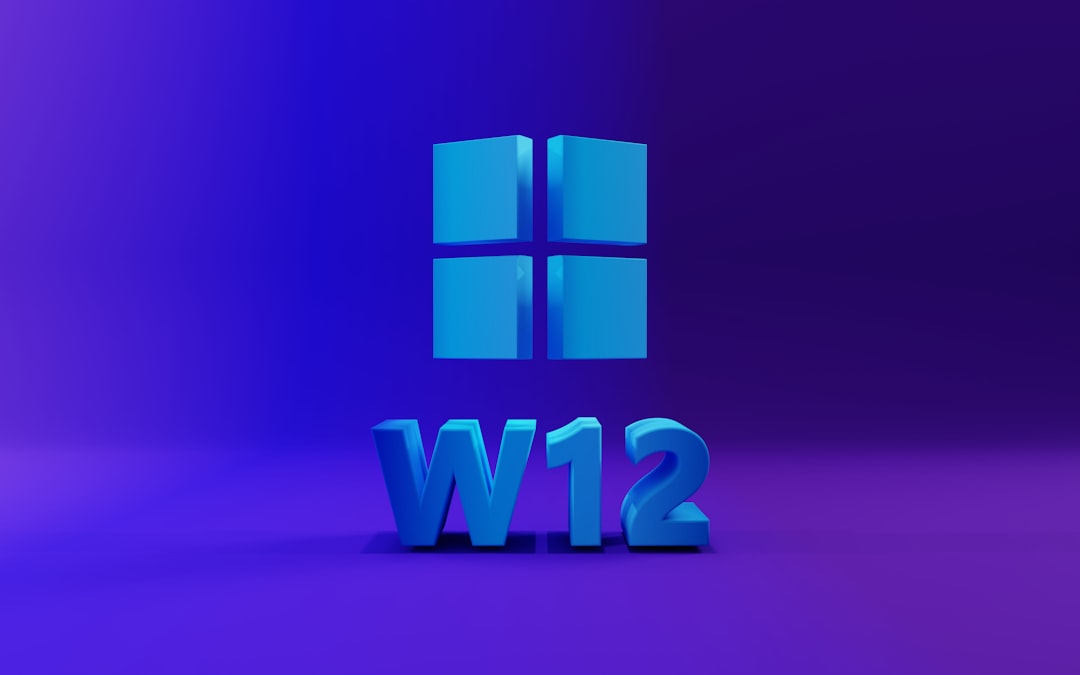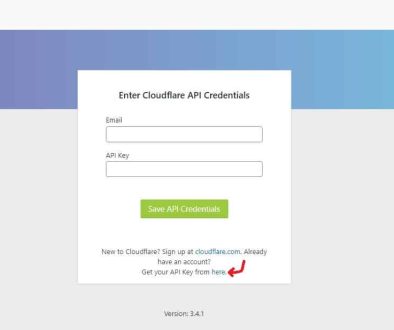Why Domain Controller Certificate Authority Is Essential for Trust and Encryption in Windows Networks
In today’s digitally connected enterprise environments, security and trust within IT infrastructure are more critical than ever. Windows-based networks, which are foundational to many corporate IT environments, rely heavily on centralized services for authentication and resource management. One of the most critical yet underappreciated components ensuring this trust is the Domain Controller Certificate Authority (CA). Acting as both a gatekeeper and a verifier, the CA within a domain-controlled network plays a vital role in enabling secure communication, authenticating identities, and encrypting transmitted data across the network.
Understanding the Role of a Certificate Authority
A Certificate Authority (CA) is a trusted entity responsible for issuing digital certificates. These certificates verify the identity of users, computers, and services within a network. In a Windows Network operated by Active Directory Domain Services (AD DS), the Domain Controller itself often integrates with or acts as a CA via Active Directory Certificate Services (AD CS).
Certificates issued by the Domain Controller CA are used to establish encrypted channels, validate organizational identity, and enforce secure policies throughout the network. When network devices and users trust certificates from the domain CA, they automatically trust the entities using those certificates.
Why Encryption Matters
Encryption ensures that data moving across the network remains confidential and tamper-proof. Windows networks use protocols like Kerberos and SSL/TLS to encrypt sensitive data. The certificates provided by a Domain Controller CA play an essential role in these encryption mechanisms:
- Kerberos Authentication: Certificates secure authentication tickets, preventing unauthorized access.
- SSL/TLS Sessions: Secure web servers, mail servers, and even remote desktop sessions use certificates to encrypt traffic.
- Group Policy Transmission: Securely delivers Group Policy settings, avoiding tampering during transport.

Ensuring Trust with Domain-Based Certificate Authorities
Trust is foundational in a Windows network. A Domain Controller CA ensures that:
- All issued certificates can be directly traced to a known and trusted authority. This mitigates the risk of rogue devices pretending to be legitimate entities.
- Certificates are centrally managed. Administrators can easily revoke, reissue, or set expiration policies on certificates.
- Clients and services across the network inherently trust the CA. Since the certificate chain leads back to a domain-authorized CA, trust is established by default.
The domain-based trust model simplifies management while also enhancing security. It allows certificates to be auto-enrolled, reducing administrative overhead and avoiding human error in security configurations.
Benefits of Running a Certificate Authority on a Domain Controller
1. Centralized Authentication and Validation
By hosting the CA on a Domain Controller, the organization centralizes identity validation. Every service request—email access, VPN login, file sharing—is linked back to the root domain’s trusted certificates, ensuring complete visibility and control.
2. Automated Certificate Lifecycle Management
Active Directory Certificate Services enable auto-enrollment, which means certificates can be automatically issued and renewed for users and devices. This reduces the burden on IT staff and minimizes service interruptions due to expired certificates.
3. Enhanced Security with Mutual Authentication
Mutual authentication ensures that not only is the server presenting a valid certificate, but the client also uses one. This dual validation creates stronger security for communications, making man-in-the-middle attacks significantly more difficult.
4. Integration with Group Policies
Certificate deployment and trust settings can be controlled via Group Policies, ensuring uniform application across the domain. It also allows immediate response to security threats through policy changes or certificate revocation.

Risks of Not Having a Domain Controller Certificate Authority
Organizations without a domain-based CA face several challenges:
- Reliance on External CAs: This can be costly and introduces delays in issuing or revoking certificates.
- Manual Deployment: Each device or service needs manual configuration for certificates and trust policies.
- Lack of Visibility: Without centralized control, monitoring and auditing certificate usage becomes difficult.
- Increased Attack Surface: Inconsistent certificate validation may allow unauthorized devices to connect or intercept communications.
Use Cases Where CA Is Indispensable
- VPN Access: Secure tunneling relies on certificates to validate both server and client.
- Wi-Fi Authentication: 802.1X network access control uses certificates for identity verification.
- Secure Email: S/MIME uses CA-issued certificates to sign and encrypt emails.
- Remote Desktop Services: Trusting only devices with valid certificates helps restrict RDP access to known endpoints.
These critical services are only as strong as the trust model underpinning them—thus making the role of the Domain Controller CA significant and indispensable.
Best Practices for Setting Up a Domain Controller CA
- Use an Enterprise CA: It integrates directly with AD, enabling features like auto-enrollment.
- Secure the CA Infrastructure: Isolate critical CA components and use multi-tier architectures for enhanced security.
- Implement Certificate Templates: Set standardized permissions and intended uses for each certificate type.
- Plan for CRL Distribution: Ensure Certificate Revocation Lists (CRLs) are reachable and updated frequently.
- Regularly Audit Certificate Usage: Implement logging and reporting to monitor the lifecycle and use of all certificates.

Conclusion
In any Windows network environment where security, trust, and smooth operation are priorities, the Certificate Authority residing on the Domain Controller is a cornerstone of that ecosystem. It not only enables secure authentication and encrypted communications but also provides a scalable and manageable approach to maintaining digital trust. Properly implemented and maintained, this infrastructure component becomes the silent guardian of network security, ensuring that the entire environment functions smoothly, securely, and in compliance with internal and external requirements.
Frequently Asked Questions (FAQ)
- Q1: What is a Domain Controller Certificate Authority?
- A Domain Controller Certificate Authority (CA) is a server that issues and manages digital certificates within a Windows network, ensuring secure identities and encrypted communications.
- Q2: Why is it important for security?
- It creates a trusted system where devices and users can be authenticated securely and data can be transmitted over encrypted channels, protecting against cyber attacks and unauthorized access.
- Q3: Can I use a third-party CA instead of a Domain Controller CA?
- Yes, but using a third-party CA often introduces complexity and higher long-term costs. It may lack seamless integration with Active Directory features like auto-enrollment.
- Q4: What’s the difference between an Enterprise CA and a Standalone CA?
- An Enterprise CA is integrated with Active Directory and supports features like certificate templates and auto-enrollment. A Standalone CA operates independently and requires manual cert management.
- Q5: Do all Windows domains need a certificate authority?
- While not strictly required, having a Certificate Authority significantly enhances security, especially for networks requiring encrypted data transmission or user authentication.
- Is Chat GPT Safe?: Data Security Analysis - January 7, 2026
- Embarqmail Login Guide: How to Access Your Email Account - January 6, 2026
- Light on Photos: Photography Lighting Techniques - January 6, 2026
Where Should We Send
Your WordPress Deals & Discounts?
Subscribe to Our Newsletter and Get Your First Deal Delivered Instant to Your Email Inbox.



